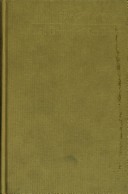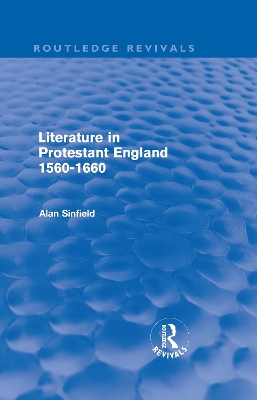Routledge Revivals
2 total works
First published in 1977, this book looks at the versatile literary form of dramatic monologue. Although it is often associated with Browning and other poets writing between 1830 and 1930, the concept has been employed by diverse poets of multiple periods such as Ovid, Chaucer, Donne, Blake, Wordsworth, Philip Larkin and Ted Hughes. In this study, Alan Sinfield demonstrates and analyses the range and adaptability of the form through detailed examples. He shows that the technique maintains a shifting and uncertain balance between the voices of the poet and of his created speaker; when extended, as in Maud, Amours de Voyage, The Ring and the Book, and The Wasteland, the use of dramatic monologue raises questions of personality and perception.
In the second part of the text, the author discusses the origins of Victorian and Modernist dramatic monologue in the dramatic complaint and the Ovidian verse epistle of earlier periods, offering a new interpretation of the value of dramatic monologue to Browning and Tennyson. Through his writing, Alan Sinfield successfully highlights the eternal vibrance of the form.
Literature in Protestant England, 1560-1660 (Routledge Revivals)
by Alan Sinfield
The hardline, uncompromising theology preached by the English Church in the 16th and 17th Centuries had disturbing effects on the literature of the period. This study, originally published in 1983, assesses the importance of the prevailing religious climate to the work of several major writers, both in and out of sympathy with the contemporary protestantism. It is argued that the accepted view of the period as essentially 'Christian-Humanist' obscures the harsher aspects of a Calvinism which throws into relief the agonies of a writer like Donne, the acceptances of one like George Herbert.
Many writers rejected more or less explicitly the Christian dogma, through the heroic assertion of human potential in Shakespearean and other dramatic characters, the nihilism of Marlowe, or the secular rationalism of Bacon and Hobbes. Milton is central to this complex weft of belief and rejection, piety and atheism, acceptance of predestination and determination to accept fate, that characterises the period.
Finally, Sinfield shows how this protestantism disintegrated under the strain of internal contradictions and external pressures, and in the process helped to stimulate secularism. In this original and clearly written book, scholarship is deployed unobstrusively to place many major works in an unaccustomed and stimulating perspective.

